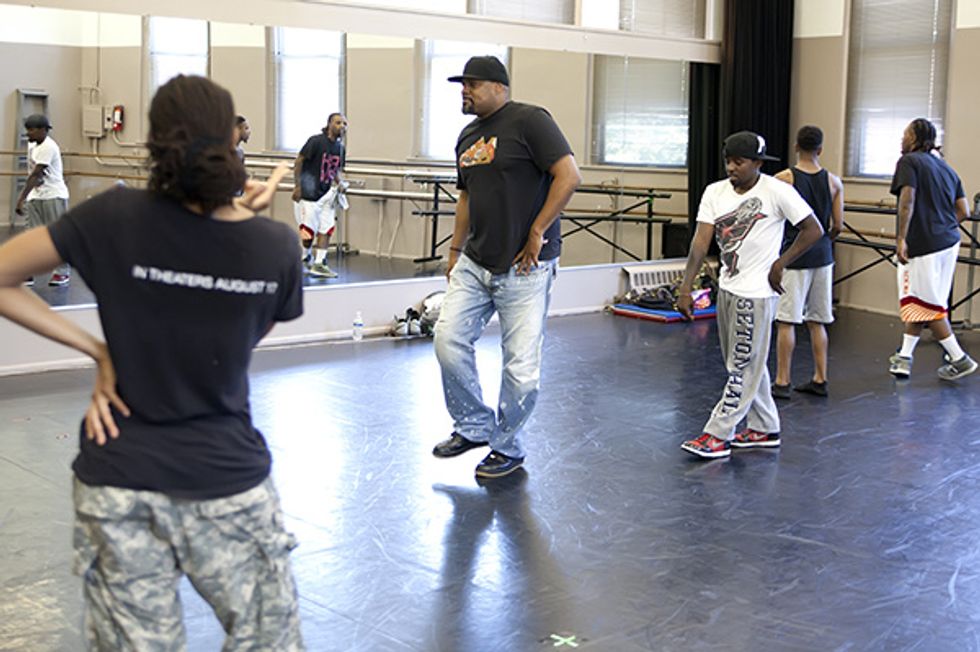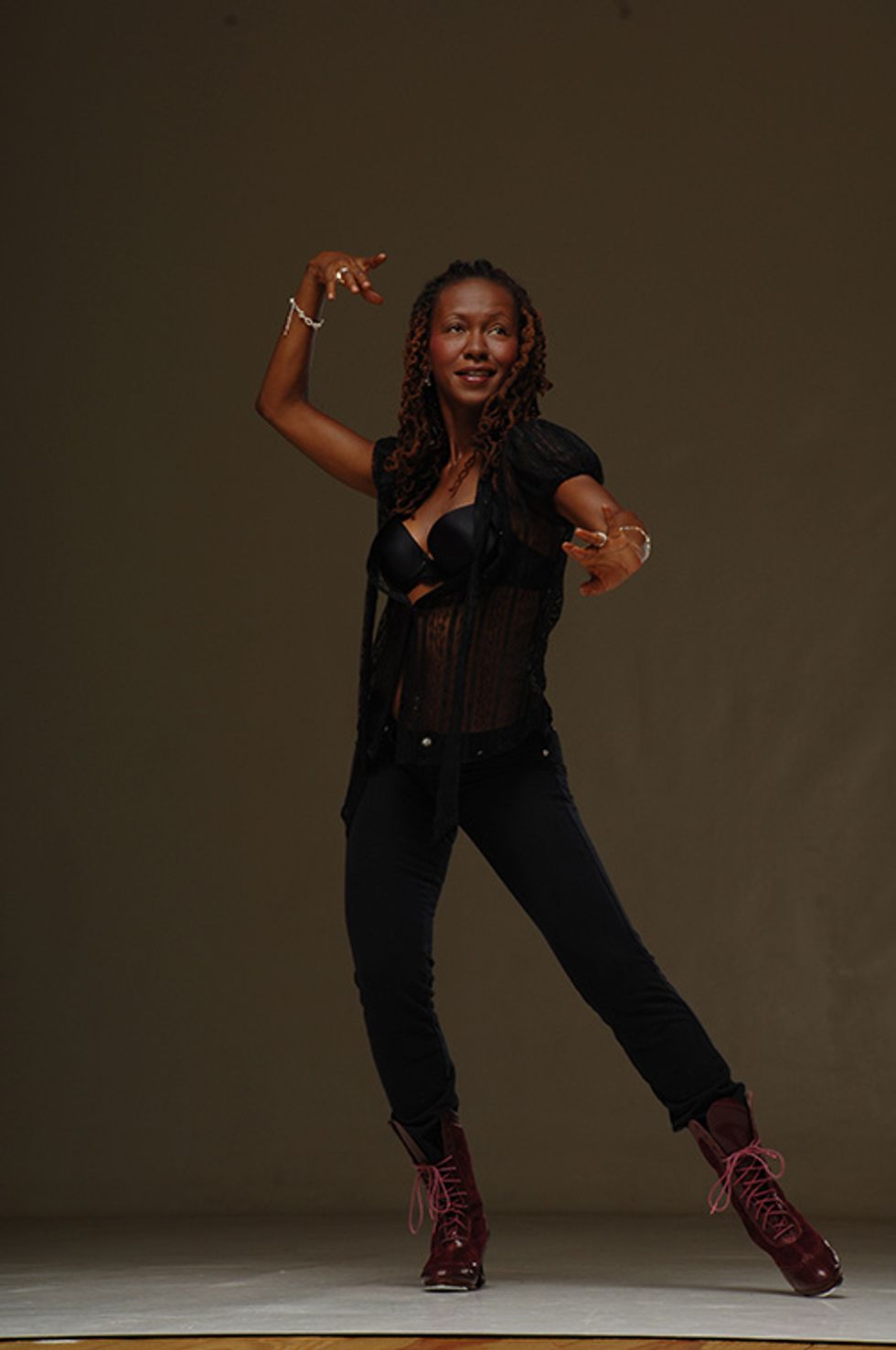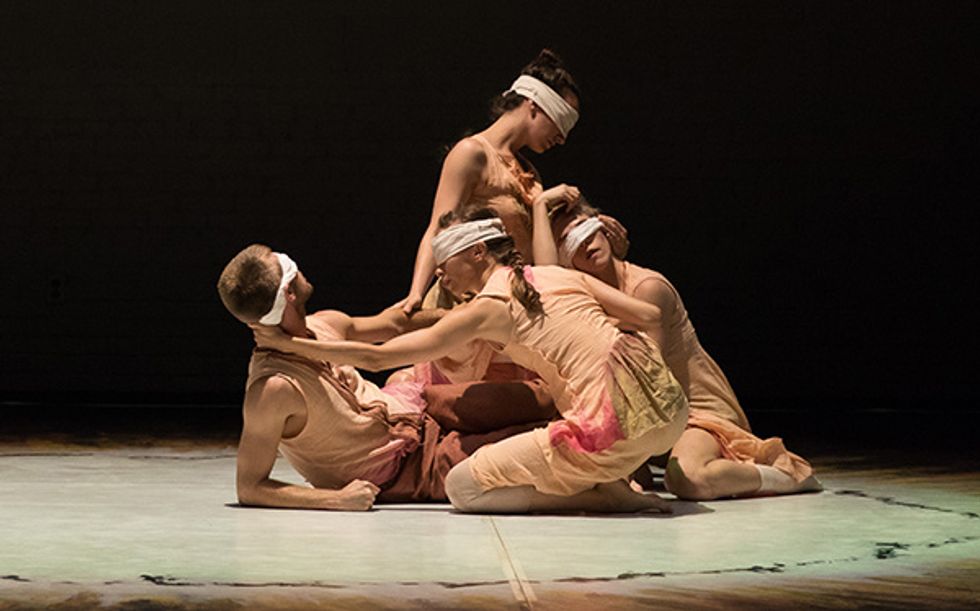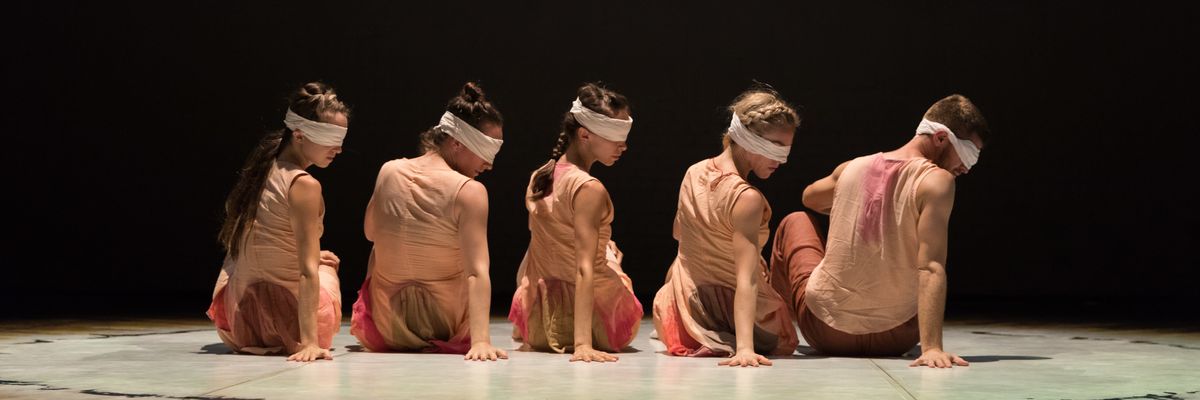4 Choreographers on Their Biggest Career Regrets
Overnight success doesn’t happen often in the dance world. Mistakes, regrets and on-the-job realizations are simply part of the process. Four accomplished choreographers share what they had to figure out along the way.
Pam Tanowitz: It’s all about the editing.

Photo by Brad Paris, Courtesy Tanowitz
For Pam Tanowitz, time to fail is key. “My path was very slow. I just kept making things,” she says. “Most of my work from the first 15 years is cringeworthy to me now.” Tanowitz says she’s still experimenting with a variety of approaches to choreographing and that, even now, she’s still learning how to edit. “I had to learn to throw out stuff. Just because I made it doesn’t mean it belongs in the piece,” she says. “I am not precious about material. Economy is key; everything needs to have a reason. It’s all meat and no bun.”
Rennie Harris: Dig deep to create an arc.

Photo Courtesy Harris
When Dance Magazine Awardee Rennie Harris started out in the concert dance world, there were no tracks to follow. He was the first choreographer to bring serious subjects to the stage using street-dance vocabulary. “I didn’t even know there was a dance concert world,” says Harris. “When I was commissioned to do a 45-minute piece, I had never made anything longer than 10 minutes. I had no clue.” Harris’ learning moment came when he figured out that he could take the audience on a journey by presenting a range of emotions in his work. “I was more about serious content than entertaining people,” he says. “But it became clear that I could do what I wanted to do and then give them a treat at the end.”
Dormeshia
Sumbry-Edwards: Be clear about your needs.

Photo by Eduardo Patino, Courtesy Sumbry-Edwards
Bessie-winning tap dancer and choreographer Dormeshia Sumbry-Edwards has found the business side of the creative process to be a challenge. She experienced a number of less-than-ideal situations over the years, such as not getting proper credit and billing. She’s learned to be direct in writing up-front, and to follow up in person. “As a tap dancer, we consider everyone family, but we still need to deal with the business of the art form,” says Sumbry-Edwards. “Know what you want and be as clear as possible. Don’t assume anything.”
Zoe Scofield: Own your history.

Photo by Jonathan Hsu, Courtesy zoe | juniper
When Seattle-based choreographer Zoe Scofield started making work, she tried to hide the fact that she didn’t have a BFA. “I regret that I didn’t own my history,” she says. “I tried to cover it up because I thought I needed a degree.” Eventually, Scofield let go of the feeling of being an impostor and realized the power of her outsider status, owning it as an asset rather than an obstacle. “I had to forge my own path, follow my own curiosity, curate my own experience and learn how to think,” says Scofield. “I also did not have to unlearn anything.”




